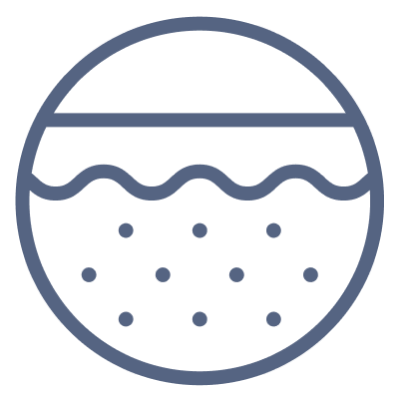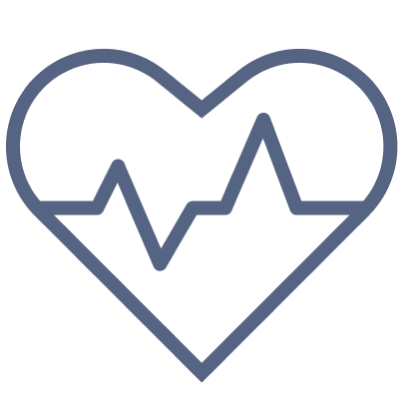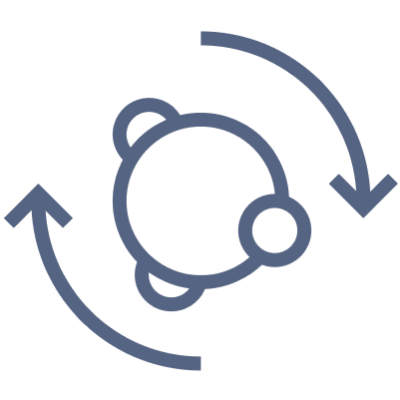Collection Method
Blood - Plasma
Kit Requirements
Plasma
Turn Around Time
Batch Testing Turnaround times are estimates
Description
Amino acids play central roles both as building blocks of proteins and as intermediates in metabolism. They are catalysts to most, if not all, cellular processes. Scientific research has demonstrated that conditions as varied as chemical sensitivities, cardiovascular disease, macular degeneration, bone disorders and insomnia are associated with amino acid imbalances. Numerous health conditions are associated with amino acid metabolism as a result of the many physiological processes they are involved in. The production of neurotransmitters, hormones, nitric oxide, urea, antioxidants, connective tissue and ATP are just a few examples.
Amino acids are required for neurotransmitter and hormone production such as glutamate, histidine, tyrosine, tryptophan, arginine, ornithine and glutamine. Arginine is needed for nitric oxide production and glutathione production requires glutamine, cysteine, glycine and methionine. The most common phase II liver detoxification reactions involve glutathione conjugation, amino acid conjugation (taurine, glycine) methylation, sulphation and acetylation and glucuronidation. Proline, isoleucine, leucine and valine are required for connective tissue, muscle metabolism and tissue repair, while glutamic acid, aspartic acid and alanine form derivatives which are intermediates in the citric acid (cellular energy) cycle.
Analytes
-
Amino acids
- 1-methyl Histidine
- 3-methyl Histidine
- Alanine
- Arginine
- Asparagine
- Aspartic acid
- b-Alanine
- b-aminoadipic acid
- b-aminobutyric acid
- b-aminoisobutyric acid
- Carnosine
- Citrulline
- Cystathionine
- Cysteine
- Cysteine clearance
- GABA
- Glutamate
- Glutamine
- Glycine
- Histidine
- Hydroxy
- Hydroxyproline
- Isoleucine
- Leucine
- Lysine
- Methionine
- Ornithine
- Phenylalanine
- Phosphorylethanolamine
- Phosphoserine
- Proline
- Serine
- Taurine
- Threonine
- Tryptophan
- Tyrosine
- Valine
Test Method
LCMS/MS/MS (Liquid chromatography mass spectrometry)
Common Conditions
 Skin and Dermatological Health
Skin and Dermatological Health- Allergies
 Mental and Emotional Health
Mental and Emotional Health- Anxiety
- Depression
- Mental health
 Cardiovascular Health
Cardiovascular Health- Cardiovascular Disease
- Hypertension
 Endocrine and Hormonal Health
Endocrine and Hormonal Health- Diabetes
 Other Health Conditions
Other Health Conditions- Fatigue
- Infections
- Inflammatory conditions
- Insomnia
Notice To Patients
NutriPATH practices in the usual practitioner-referral system for pathology laboratories. Patients are highly recommended to seek the supervision and guidance of a qualified healthcare practitioner for the interpretation of any lab results and associated information. NutriPATH can offer assistance in locating a suitable practitioner.
How it works
Step 1
Order test
Your referring practitioner will place this order via their online portal.

Step 2
Collect Samples
A test kit will be dispatched to you and you can conveniently collect your sample in the comfort of your home.

Step 3
Return Samples
Return samples for analysis via the provided courier packaging.

Patient resources
Our highly skilled and qualified team have created a service where patients can easily gain access to a wide range of pathology testing options.
Practitioner resources
As a leader in the industry, practitioners are able to trust in our ability to provide them with the technology they need to adequately test their clients and patients.









